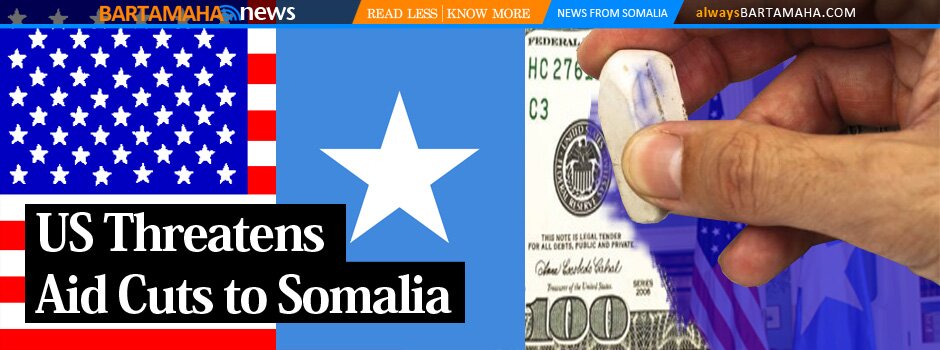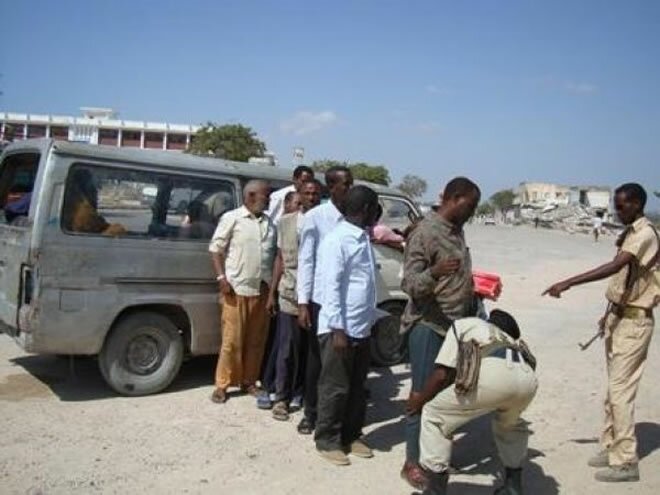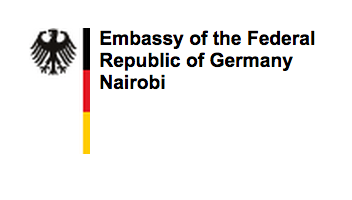City wants residents of North Side apartment complex to meet on conflicts
A clash last month between black and Bhutanese Nepali residents of a North Side apartment complex started when two men tried to rob one of the refugees, witnesses said.
Now, the city of Columbus is trying to set up a meeting between the Bhutanese Nepali community and other residents to try to discuss cultural differences and other simmering issues.
Abdi Soofe of the city’s Community Relations Commission called it an “educational forum” for residents of the Breckenridge Apartments. About 100 Bhutanese Nepali refugees live in the complex, which is south of the former Northland Mall site.
A Columbus police officer shot and killed Francis Owens, 21, as he scuffled with another officer during the fight among about two dozen people in a courtyard. Police said Owens had a gun.
Soofe described the incident as a “couple of gangsters robbing people” and said he doesn’t think race was a factor.
Further details or what role might have been played by Owens, who was black, were unavailable. Witnesses said he fired a gun into the air to try to stop the fight and was not involved in a robbery.
By the time police arrived after an onlooker called 911, the melee had grown. One woman who saw the fight said that as many as 20 Bhutanese Nepali refugees were beating four black men.
She said cultural differences between the two groups have been causing tension in the complex. She did not want to be named for fear of retaliation.
Among complaints: Bhutanese Nepali children play in the carports seemingly without regard for traffic, and drivers have to shoo them out of the way. People are occasionally awakened in the early morning by drumming from what they believe to be religious ceremonies.
On the other hand, some Bhutanese Nepali residents said they have seen or heard of black residents hitting or harassing members of the immigrant group.
Not everyone at the complex feels the tension. The refugees are “cool people who don’t bother nobody,” said Kenneth Hawkins, 21, who has lived there for five years. “They live like regular people.”
The refugees began arriving in Columbus in 2008. Originally from Nepal, they had moved to the nearby kingdom of Bhutan, where the growing ethnic minority was considered a threat and expelled. Those coming to America are among 100,000 Bhutanese Nepalis who have lived in refugee camps in Nepal for nearly two decades.
The first group of more than two dozen families was placed at the Breckenridge and another complex by the refugee agency US Together. By 2009, the immigrant community had grown to about 120. Since then, the community has grown to at least 500, most of whom live in the same North Side area.
Community Refugee and Immigration Services-Ohio has helped find housing for the Bhutanese Nepalis. Angie Plummer, the group’s executive director, said members of the community keep to themselves. She had not heard of culture clashes at Breckenridge.
“I don’t think this was a racial-tension issue,” she said. “This was a bunch of criminal … ne’e r-do-wells looking for people to prey on.”
But, Plummer said, she worries about the safety of refugees, and her agency is taking a closer look at Breckenridge to determine whether it’s an appropriate place.
The challenge is finding complexes that rent to people with no income and no credit history, she said. And even if she were to discourage refugees from living in certain places, many would find their way there anyway because they want to be close to friends and family.
Gryphon Asset Management of Columbus took over Breckenridge on March 1 after the owners defaulted on a loan, said Rich Kruse, Gryphon’s president. About 70 percent of the 604 units are occupied.
Private security officers were hired to patrol the complex the weekend after the fight and again this past weekend, Kruse said.
Soofe hopes that whatever tension remains at Breckenridge can be resolved.
“Everybody faces challenges, from the Italians to Irish to Mexicans to Somalis,” he said. “ Everybody went through these challenges.
“It’s not black or white or Asian. It’s a human-being problem.”
___
Columbus Dispatch
Comments
comments
 Calendar
Calendar






































